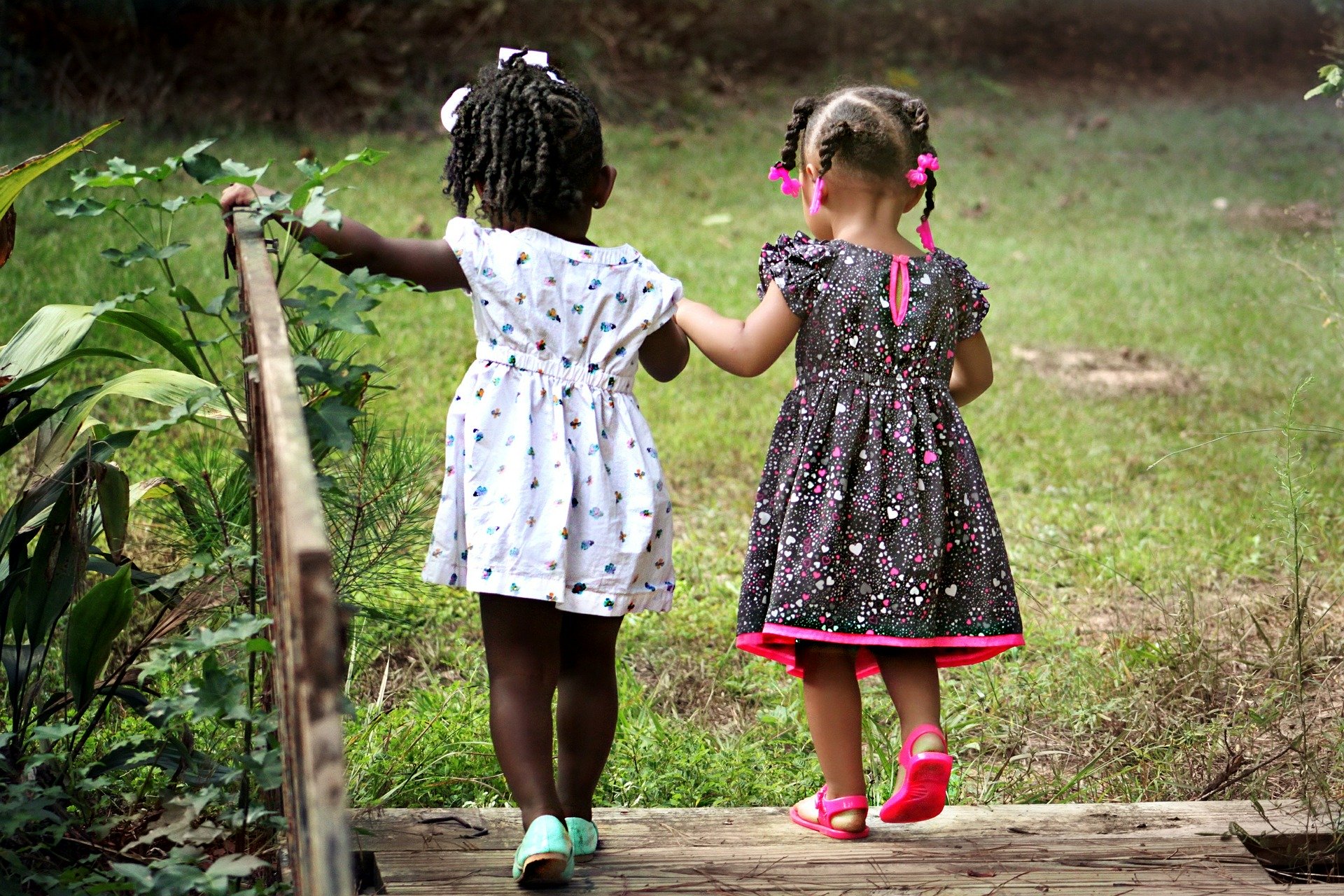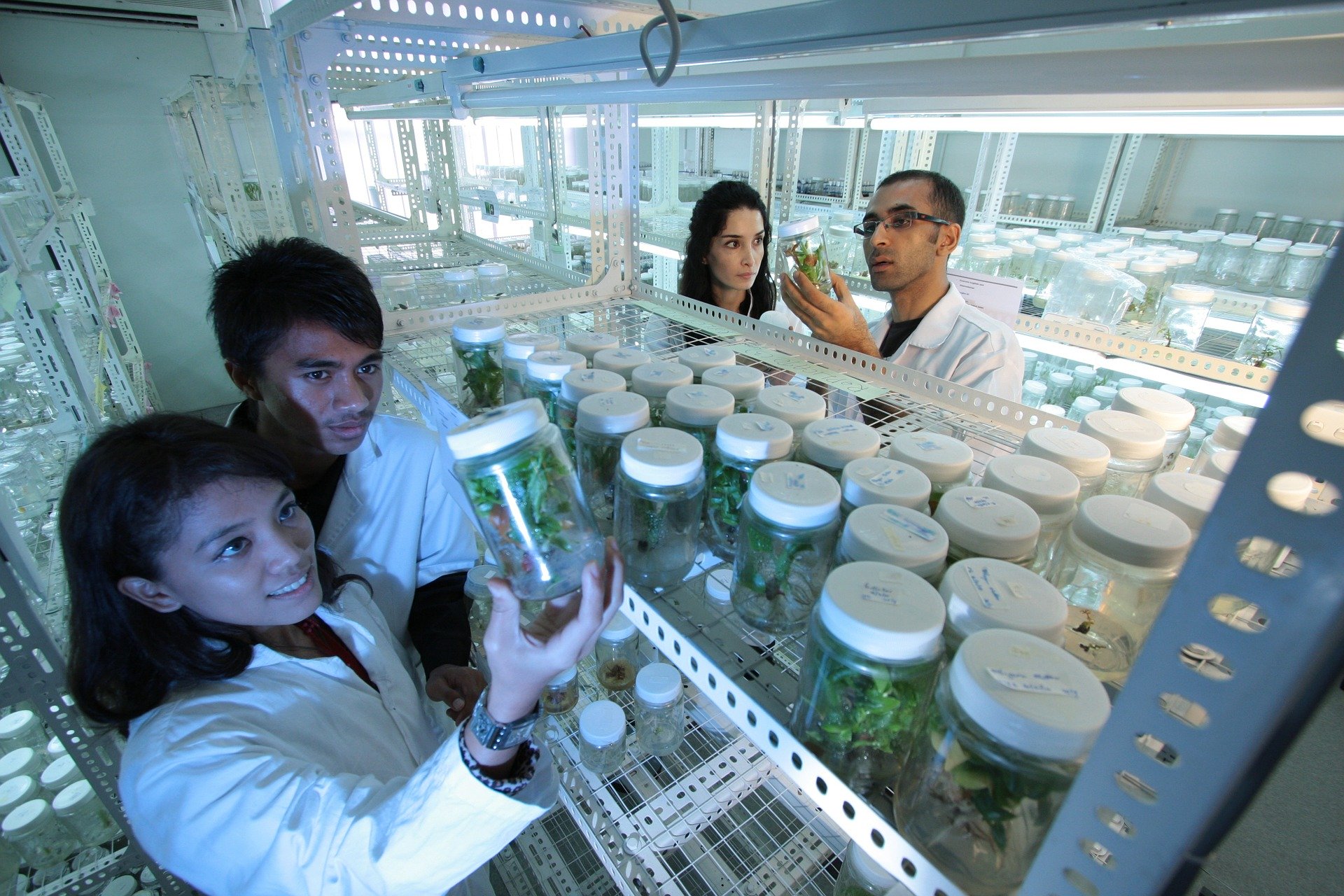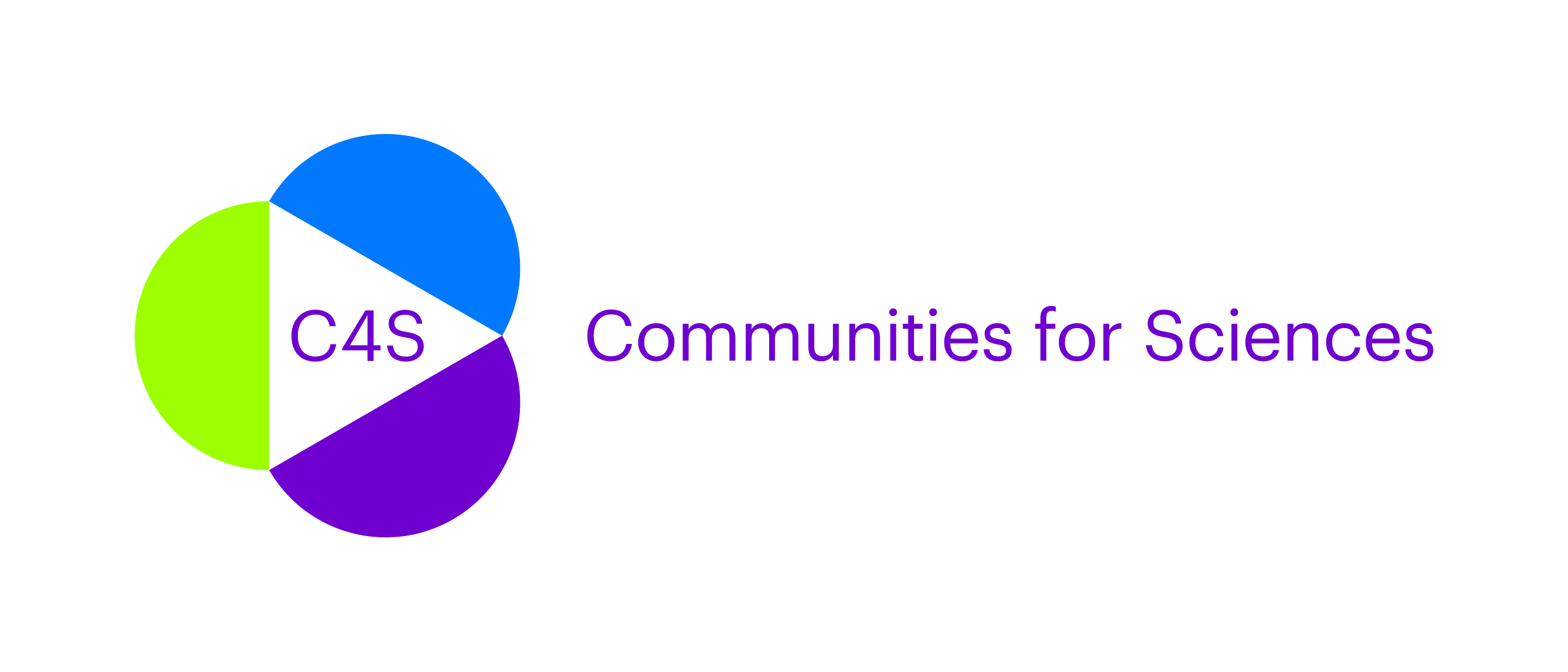About C4S
This is especially important when faced with the fourth industrial revolution and in the context of a globalised digital world with an overabundance of information and fake news. The C4S point of departure is that the current context stresses the point in which providing equal opportunities and fostering quality formal and non-formal education, regardless of social, cultural, religious, sexual or geographical backgrounds, has become essential.
Children, as citizens, need to be well informed and be able to fully participate in current and future social and political issues, because asymmetries still exist in the ability of individuals to interact with and access science, creating inequalities in scientific and innovation outcomes and an ever more pressing need to promote responsible research and innovation (SwafS WP 2018-2020).To do so, especially if they are members of vulnerable groups, it is essential that, as present and future citizens, they have full-fledged access in equal terms to science education.
The C4S project objectives are based upon three main pillars or goals:

Work with vulnerable communities

Raise awareness at an institutional level

